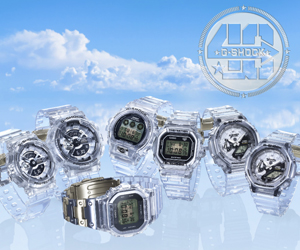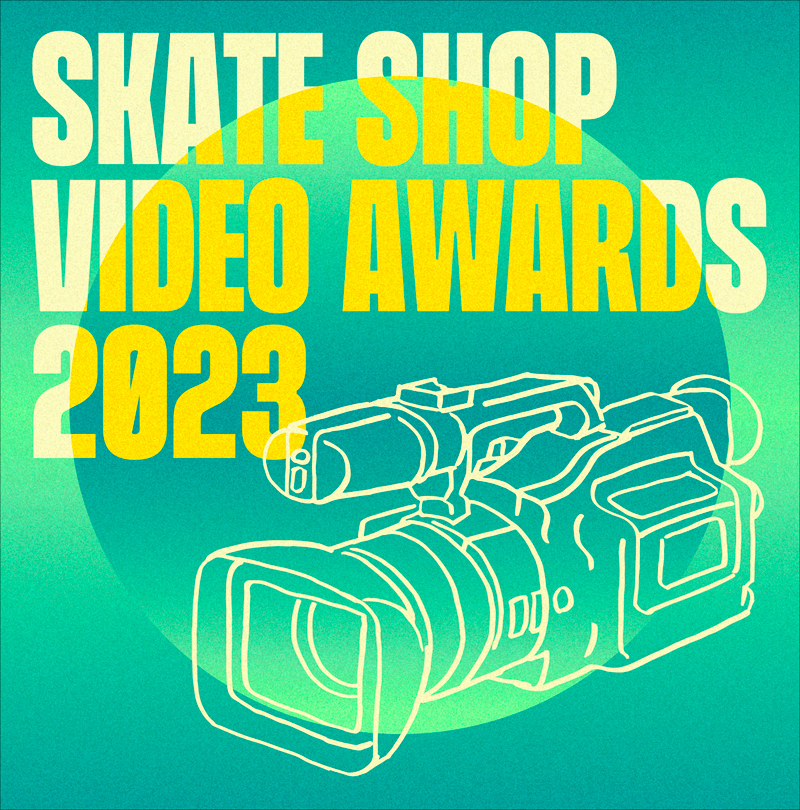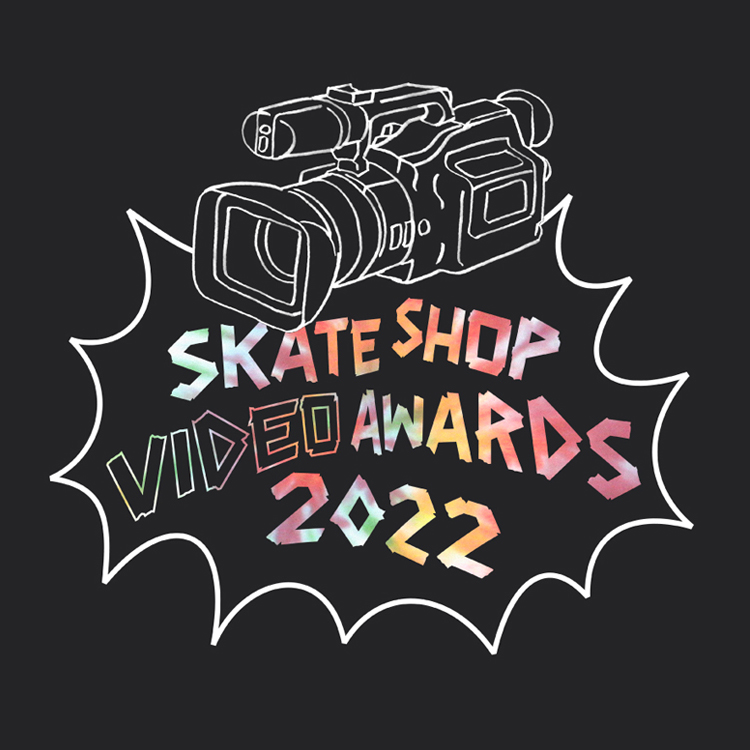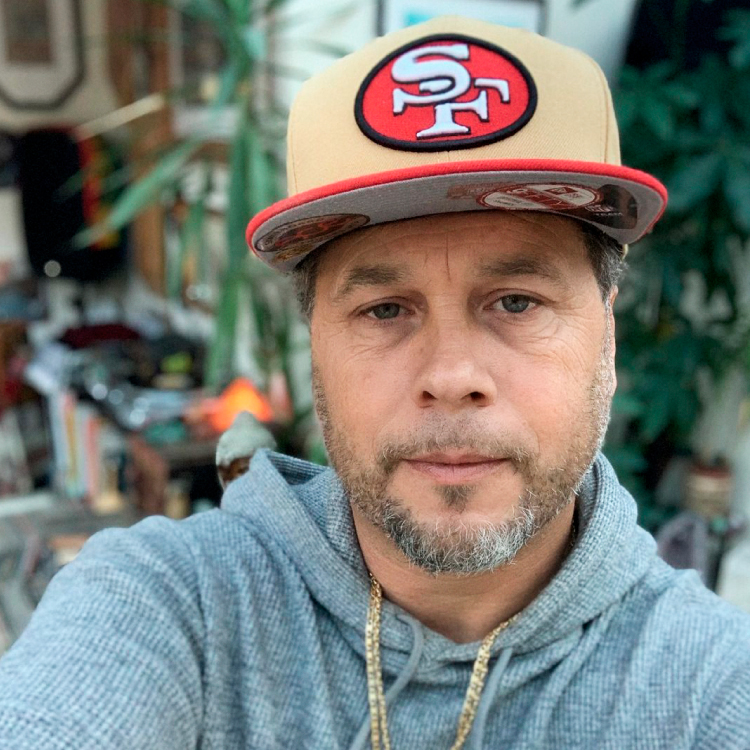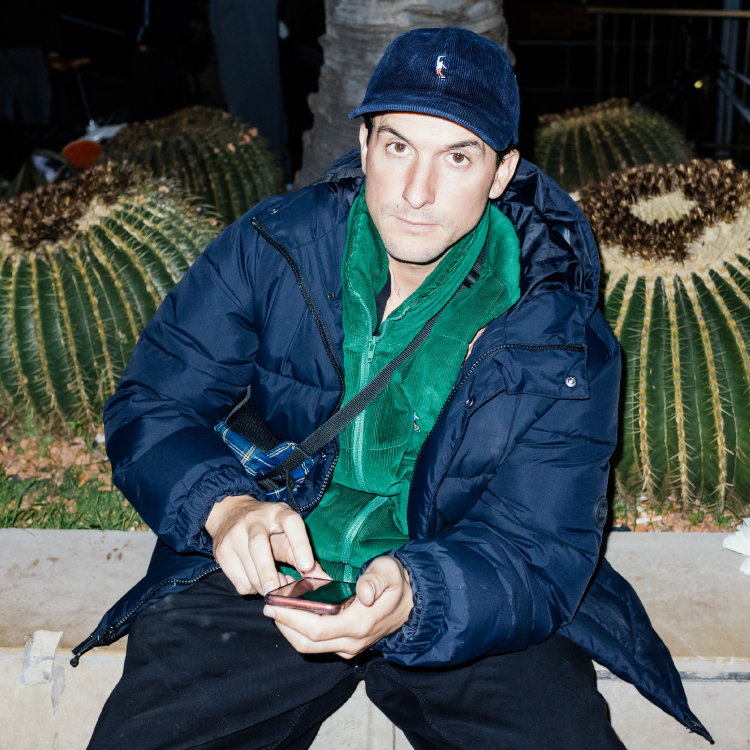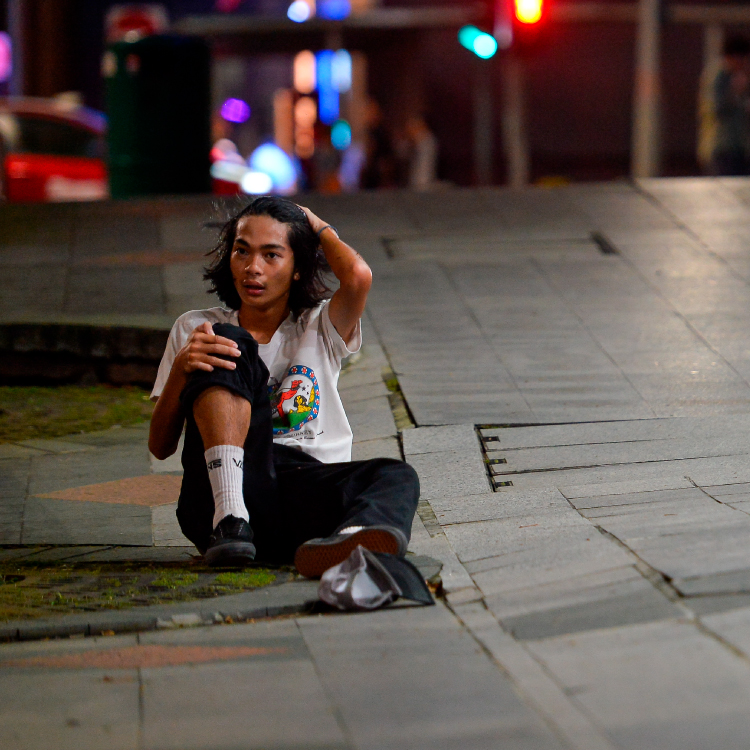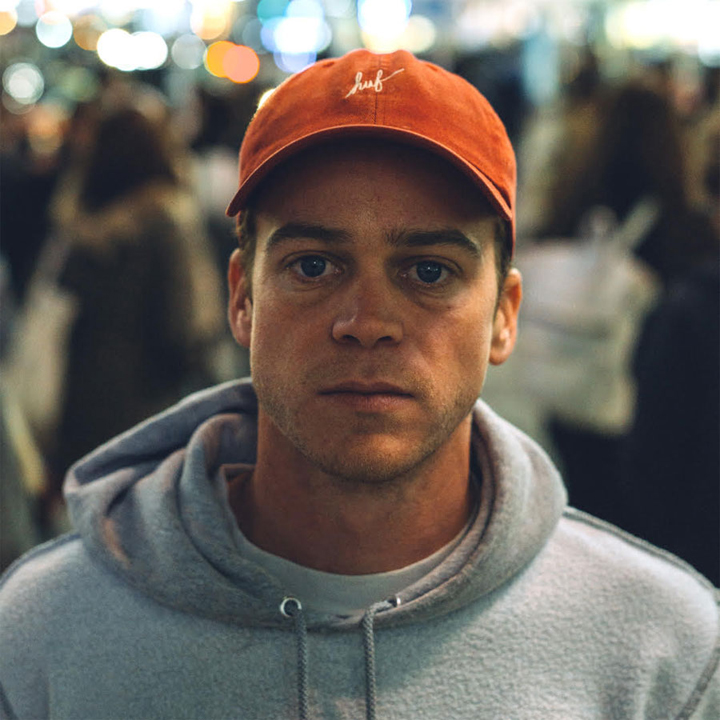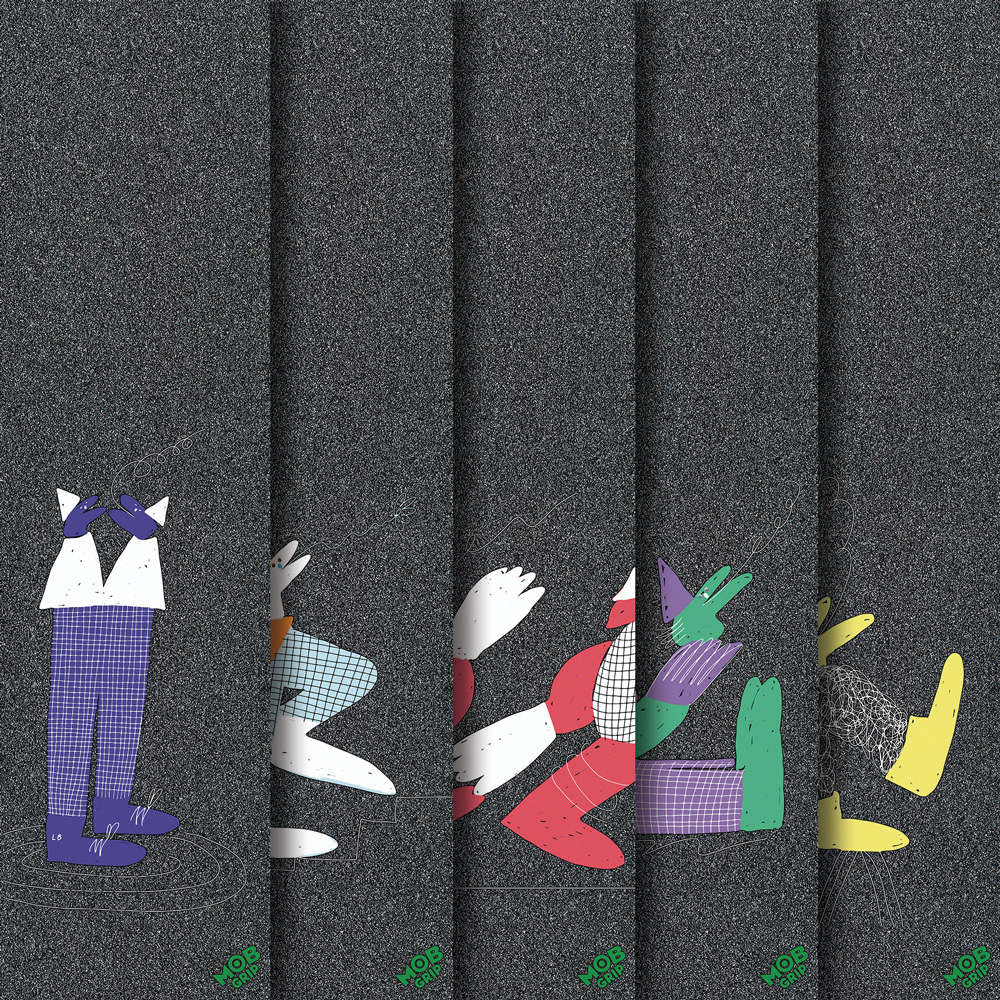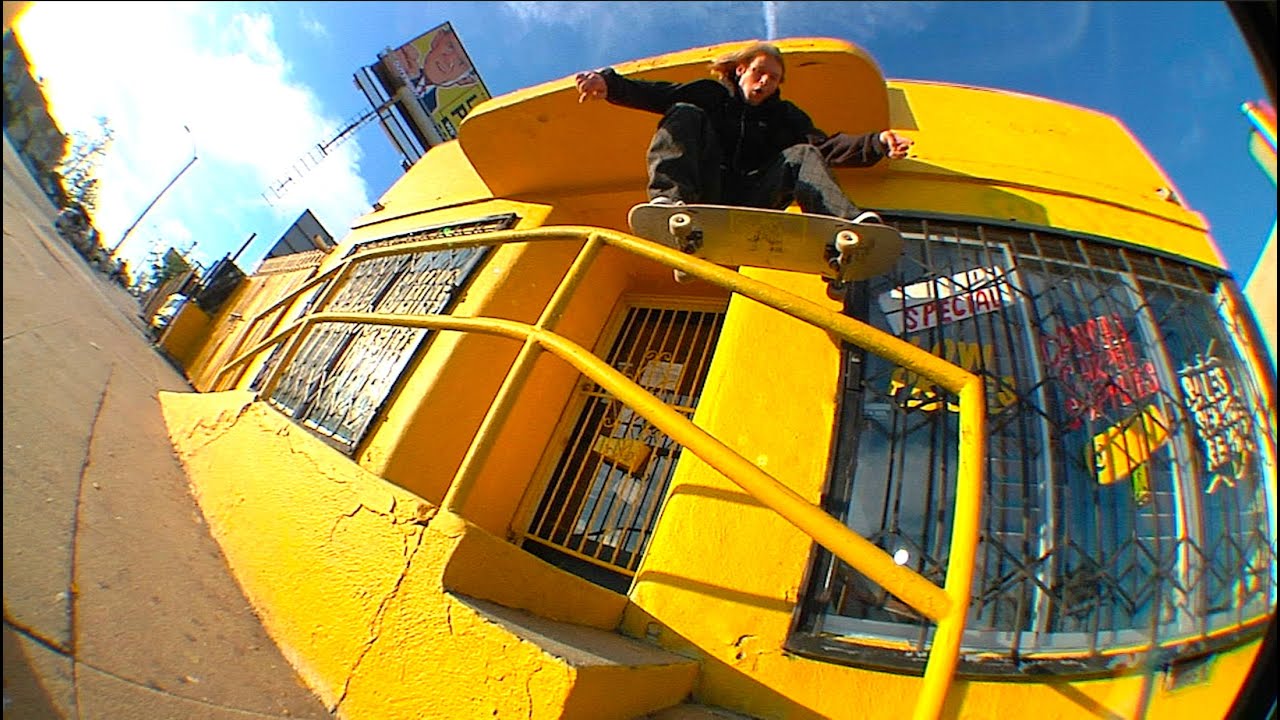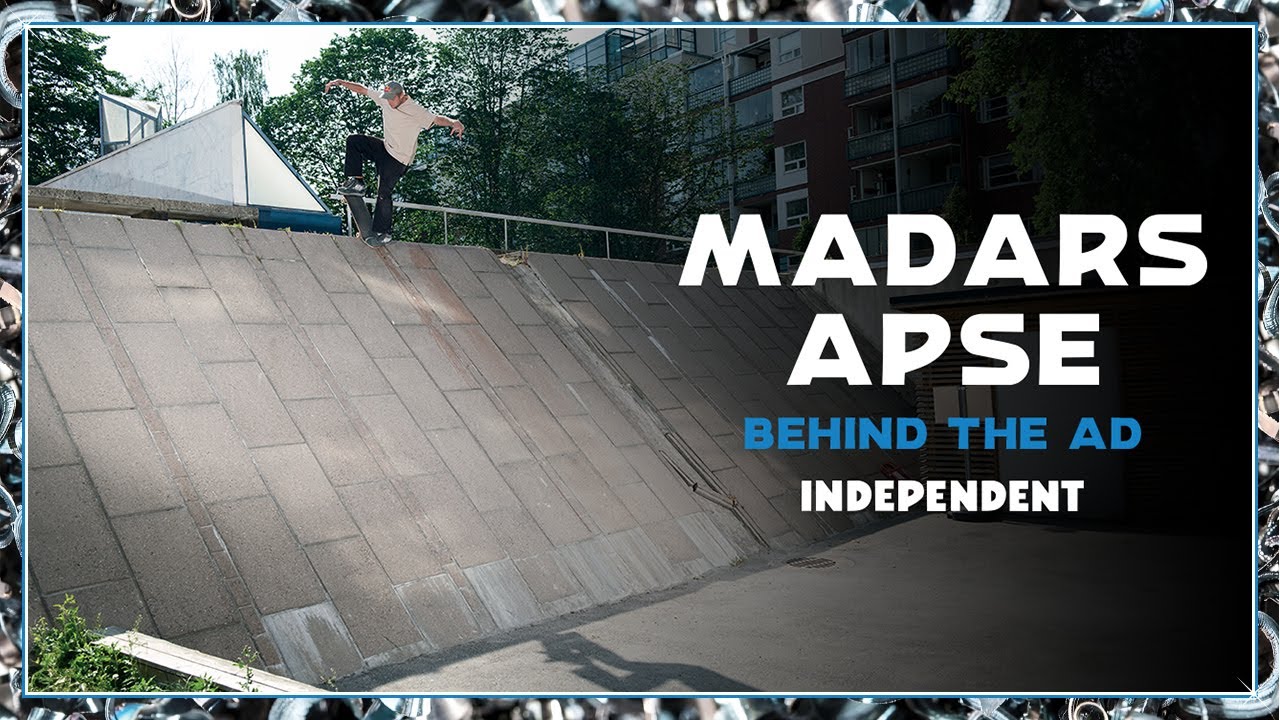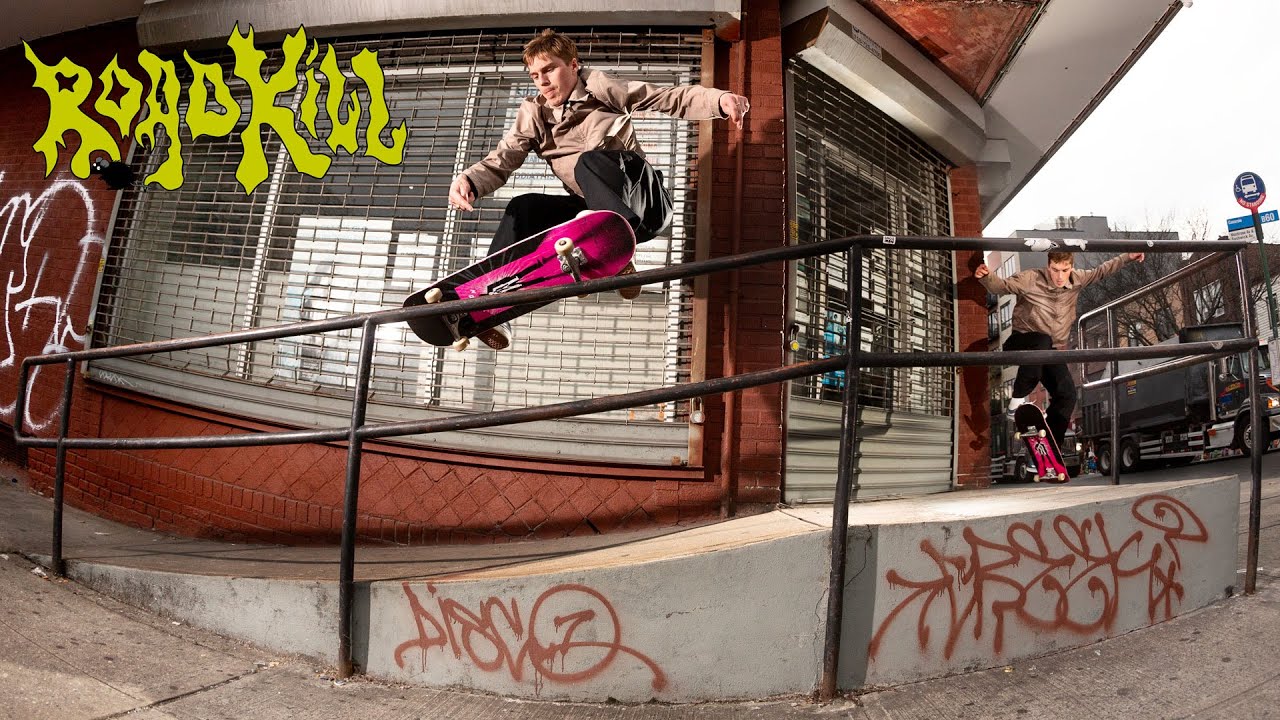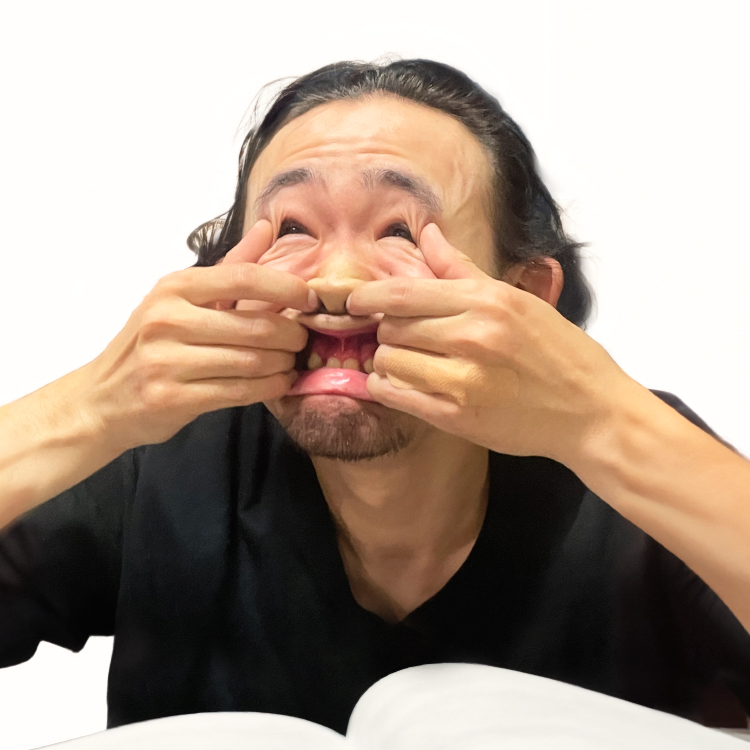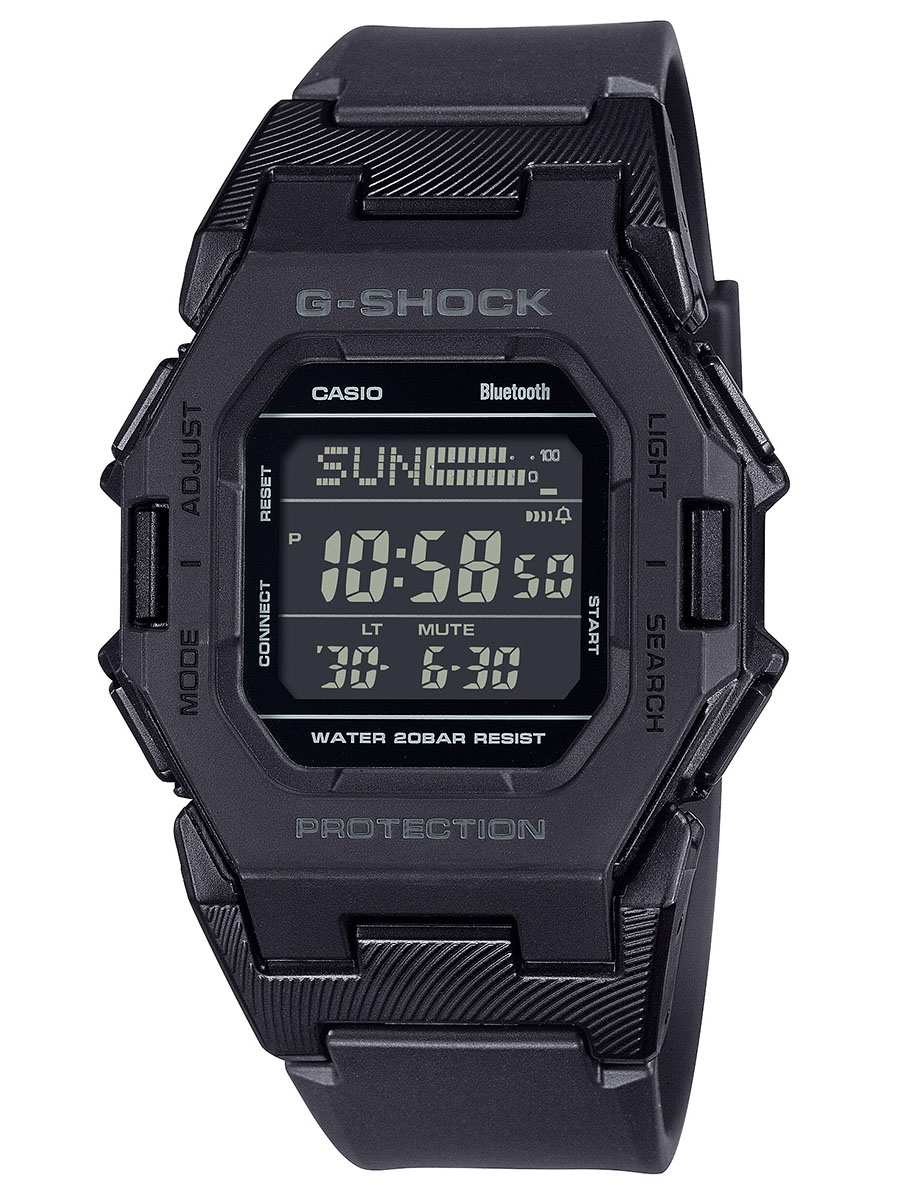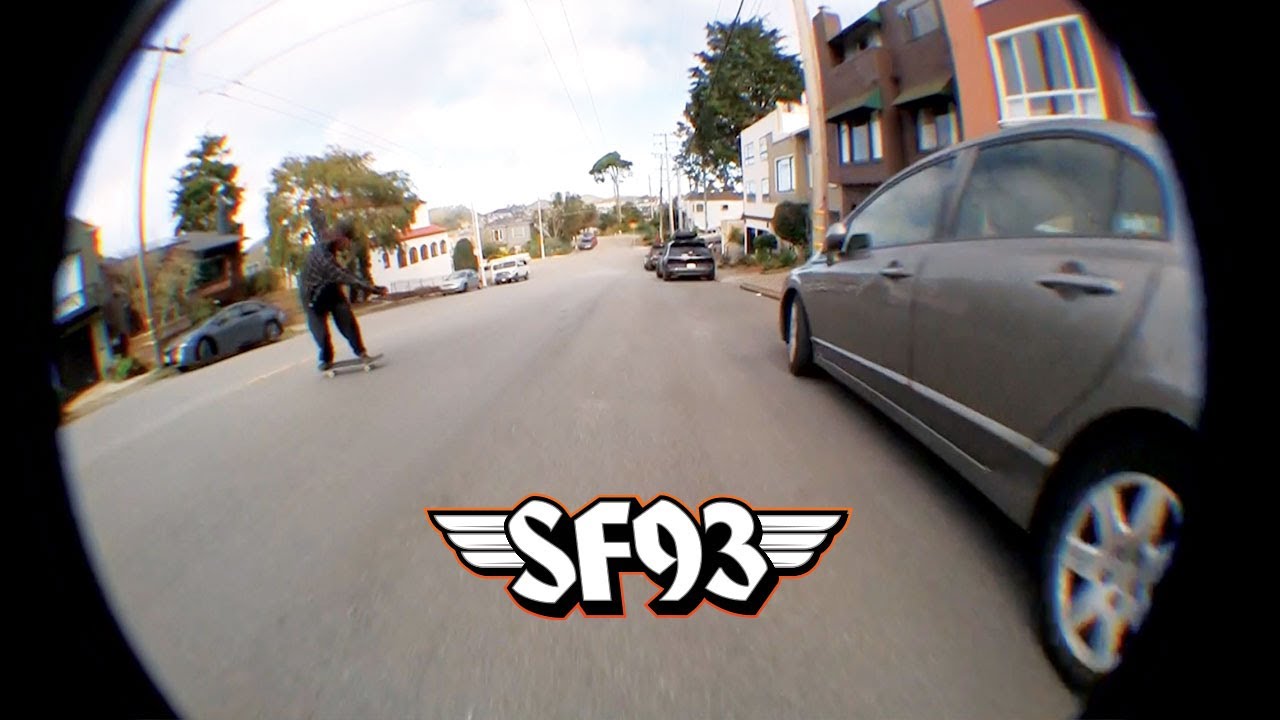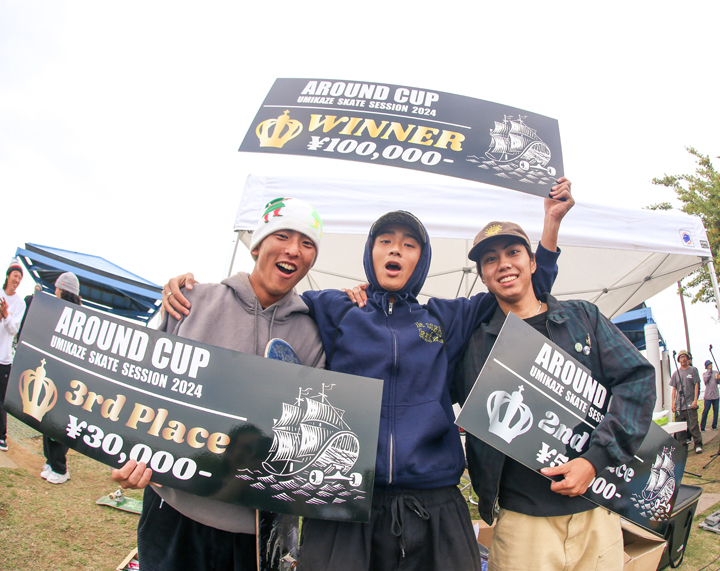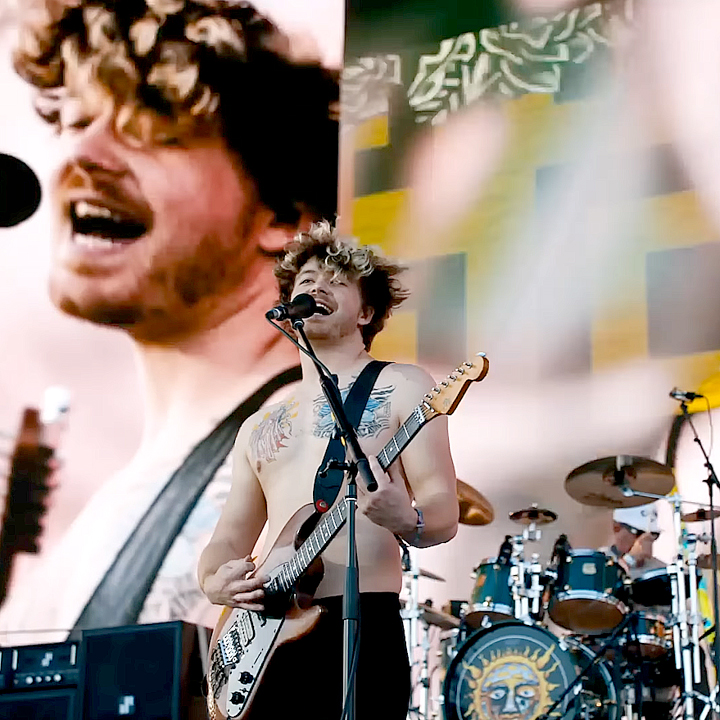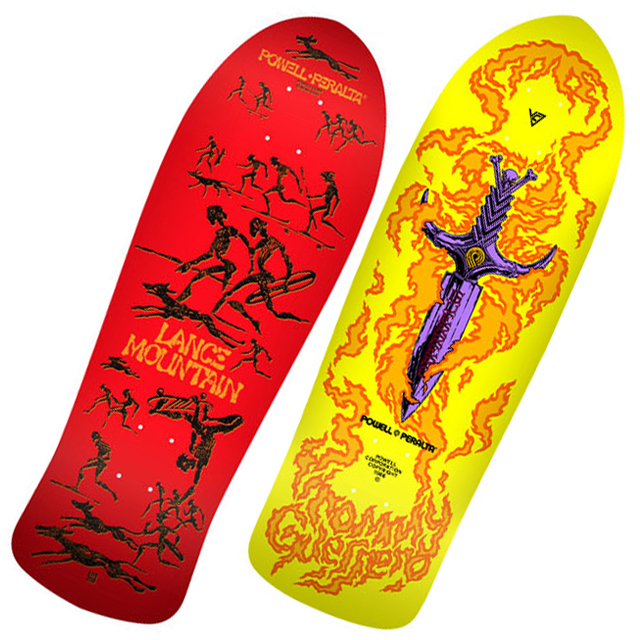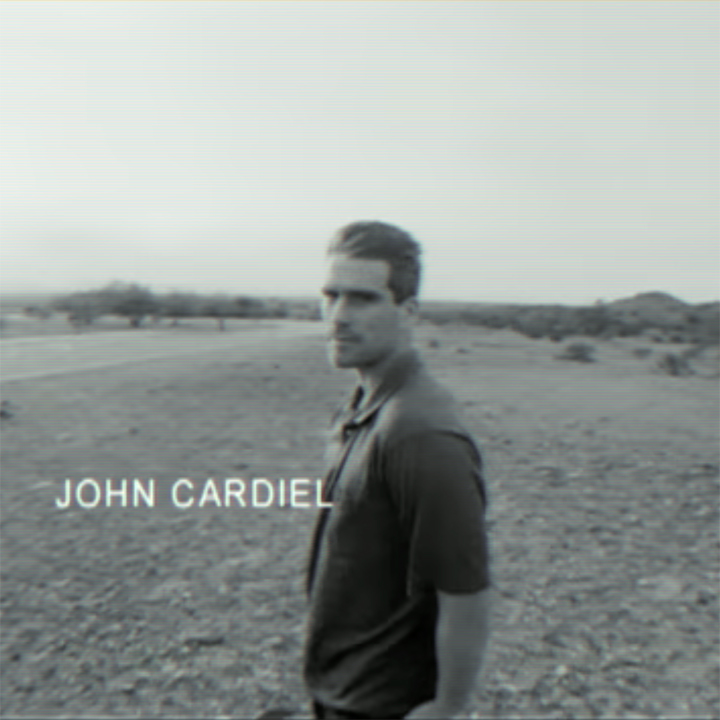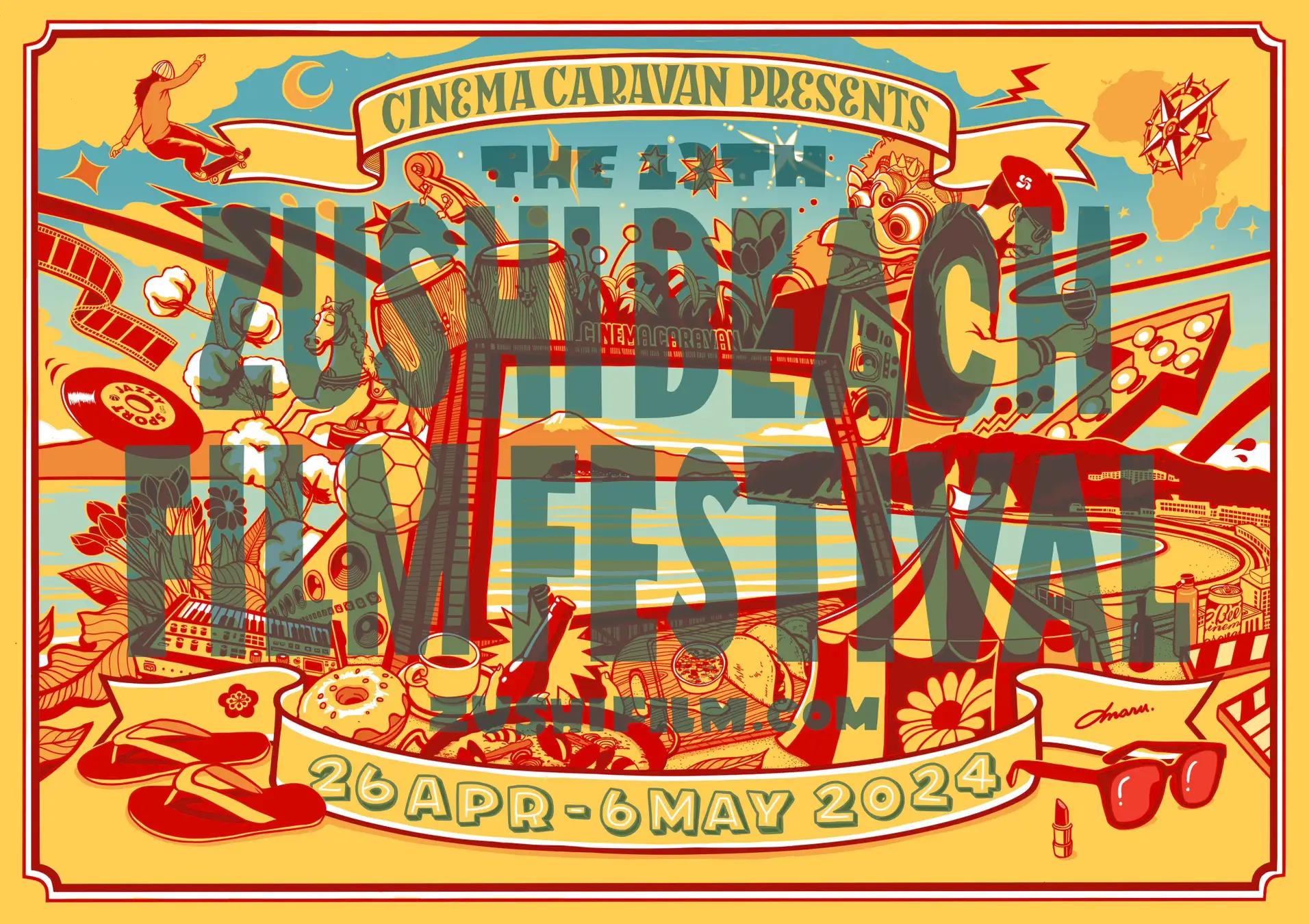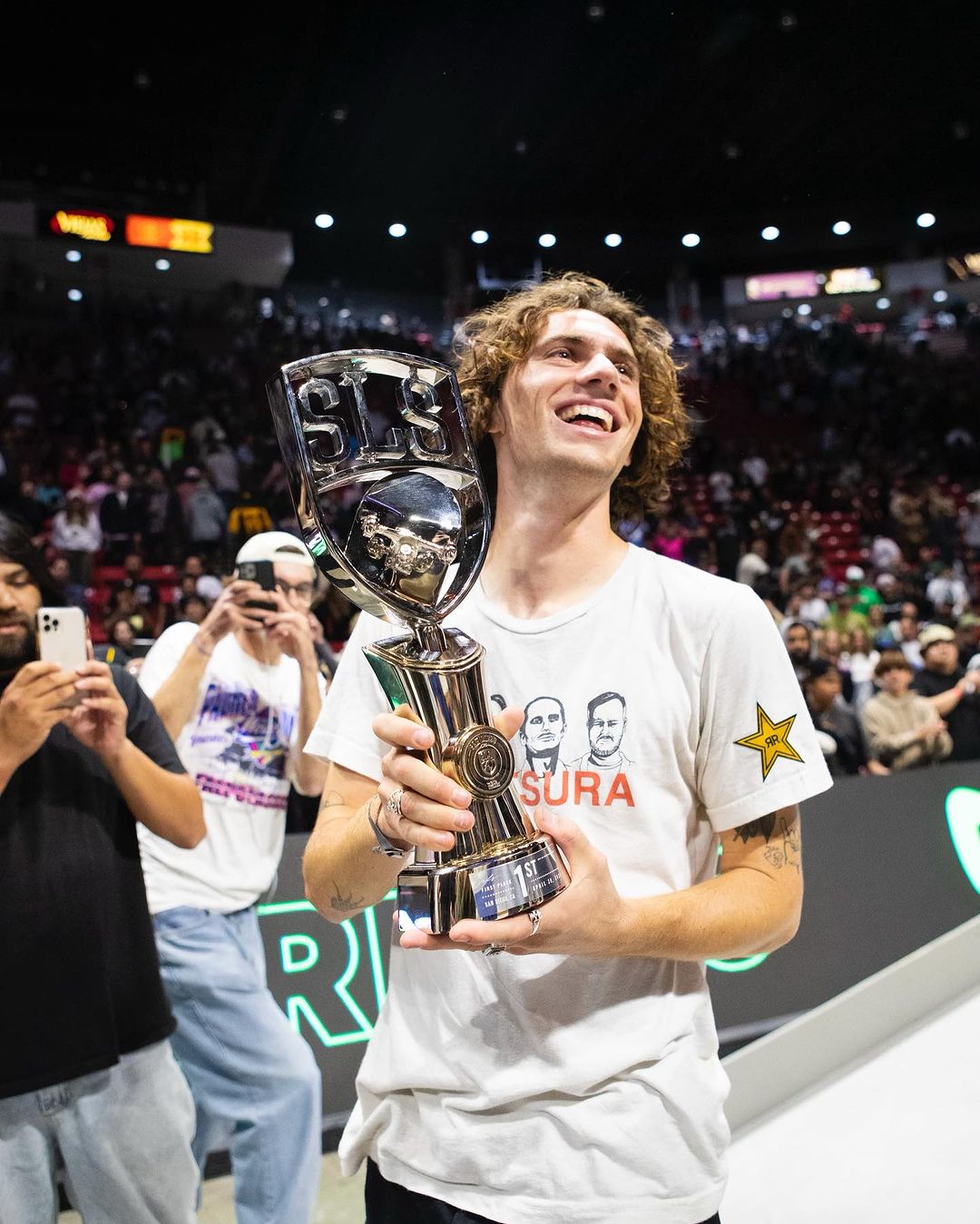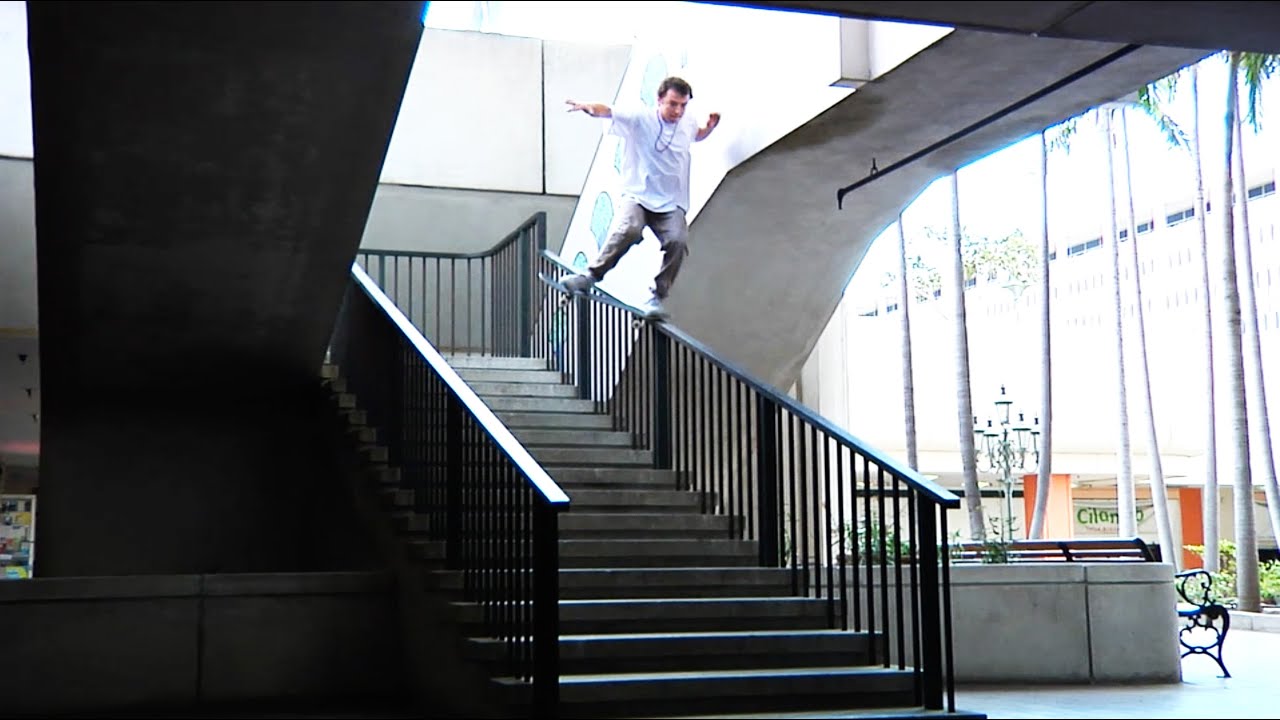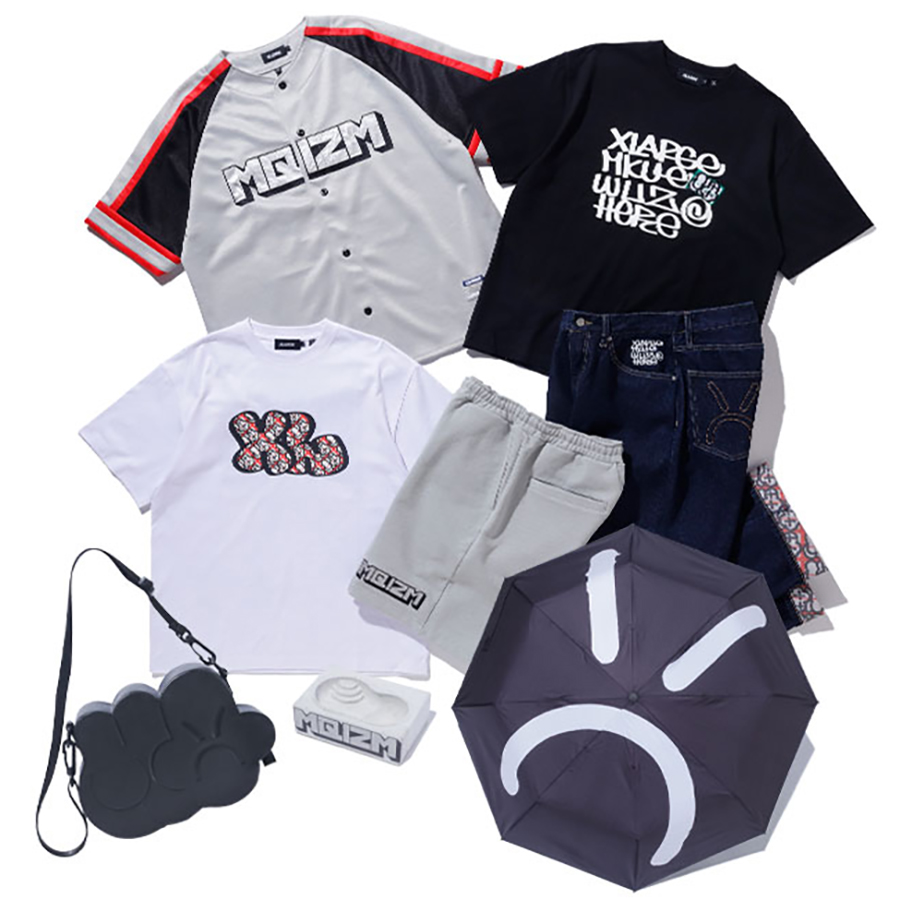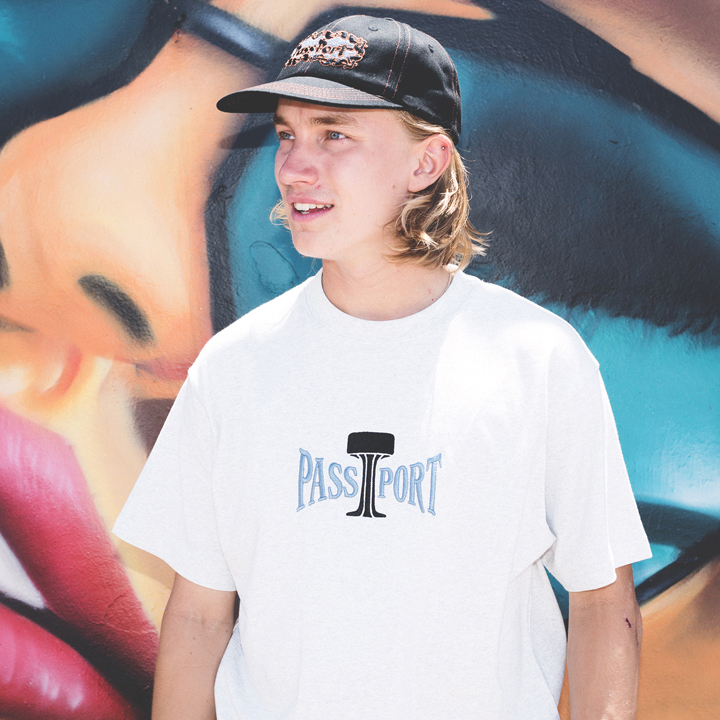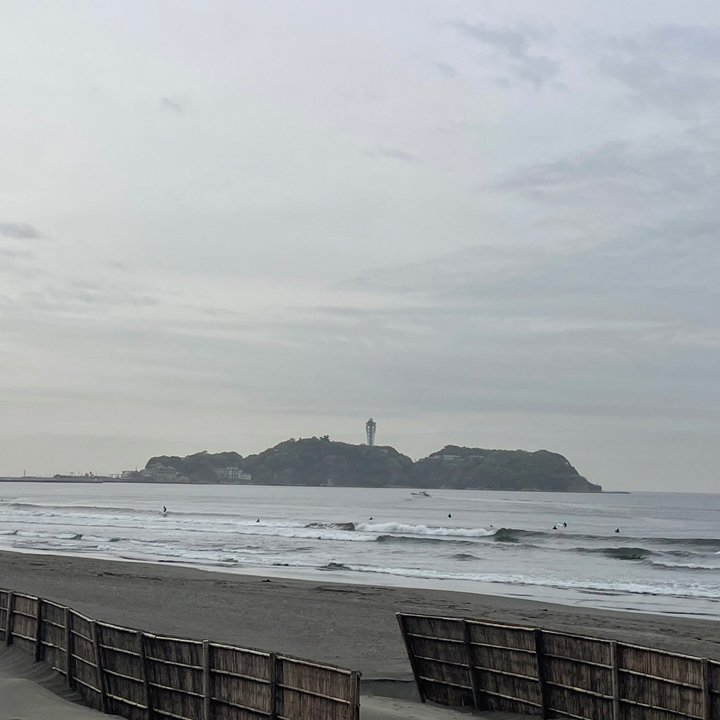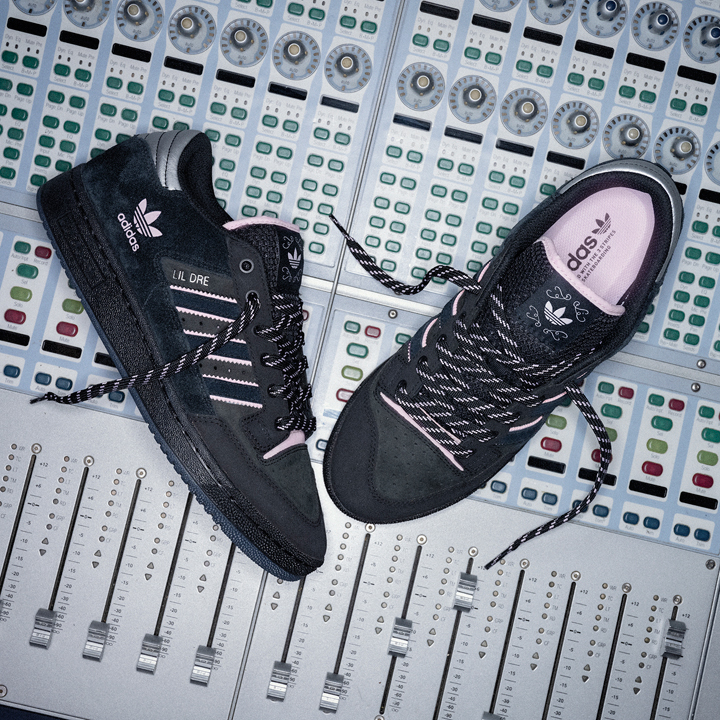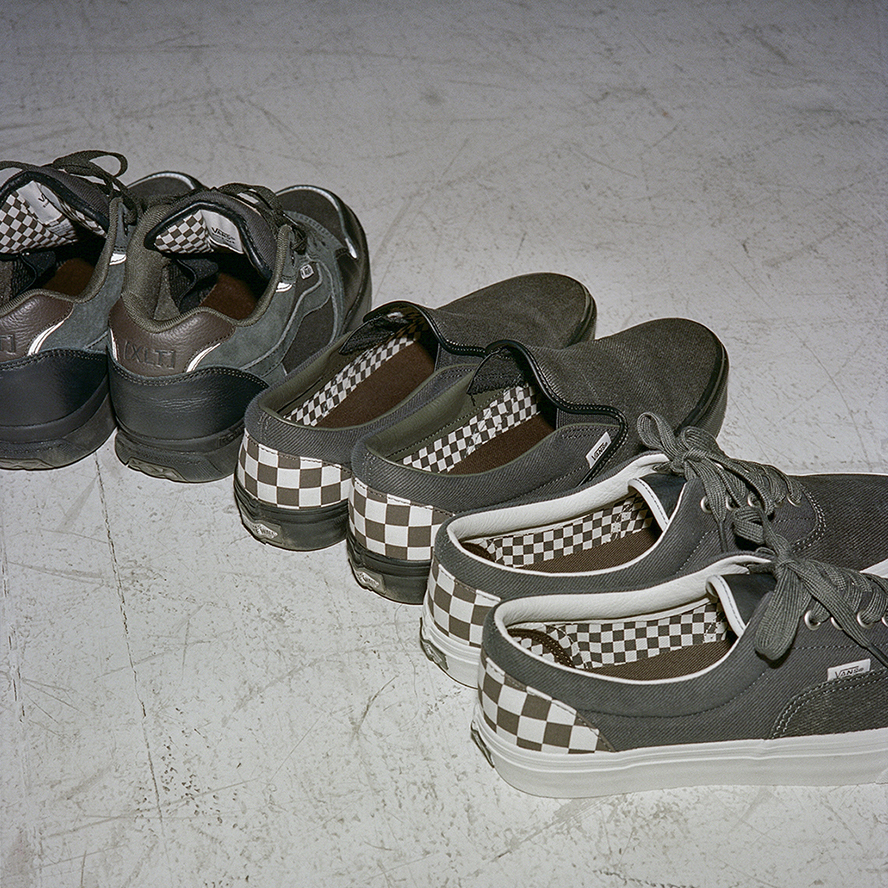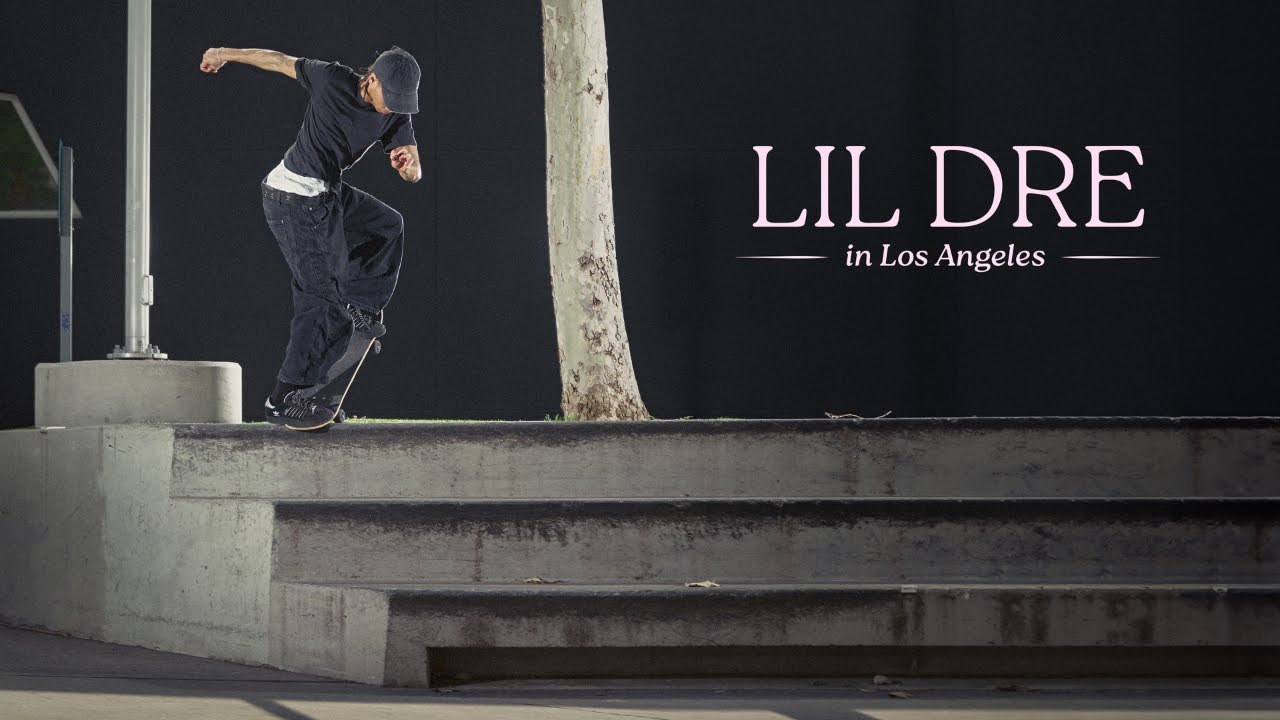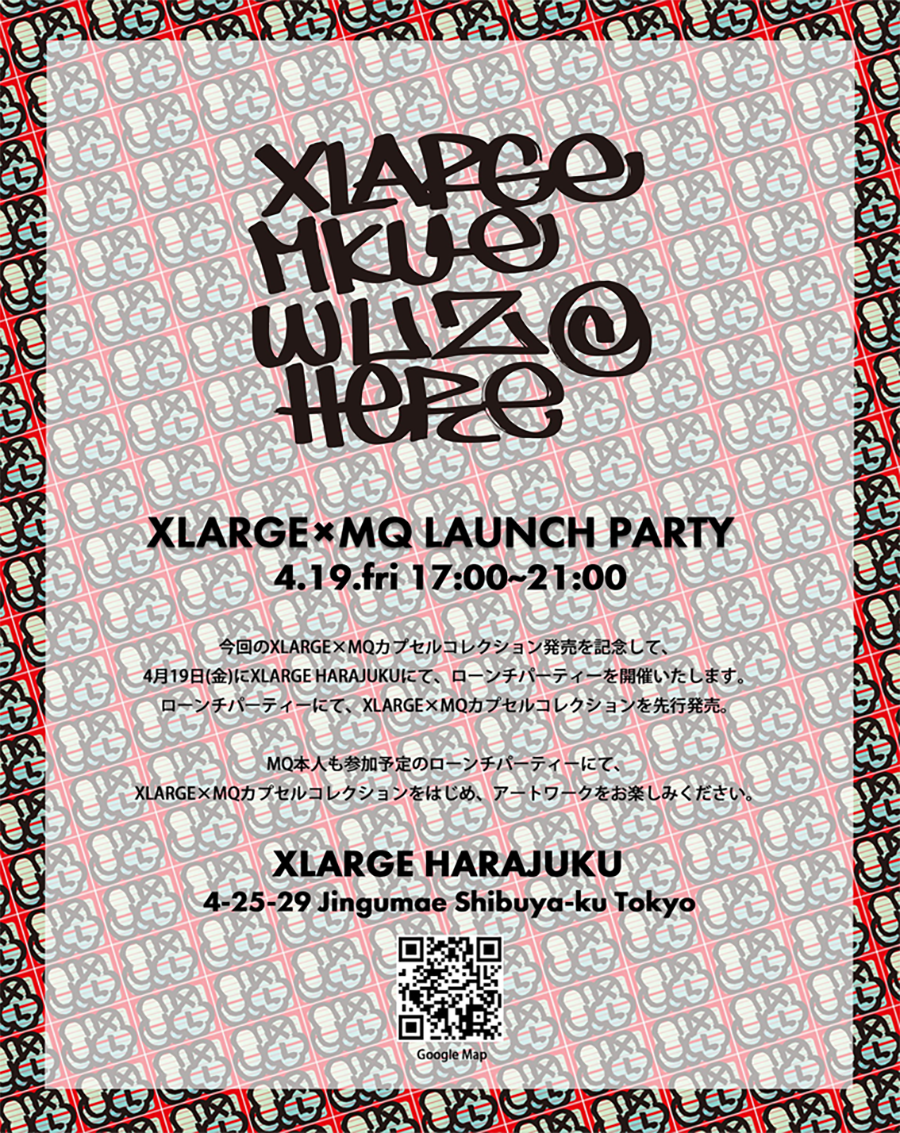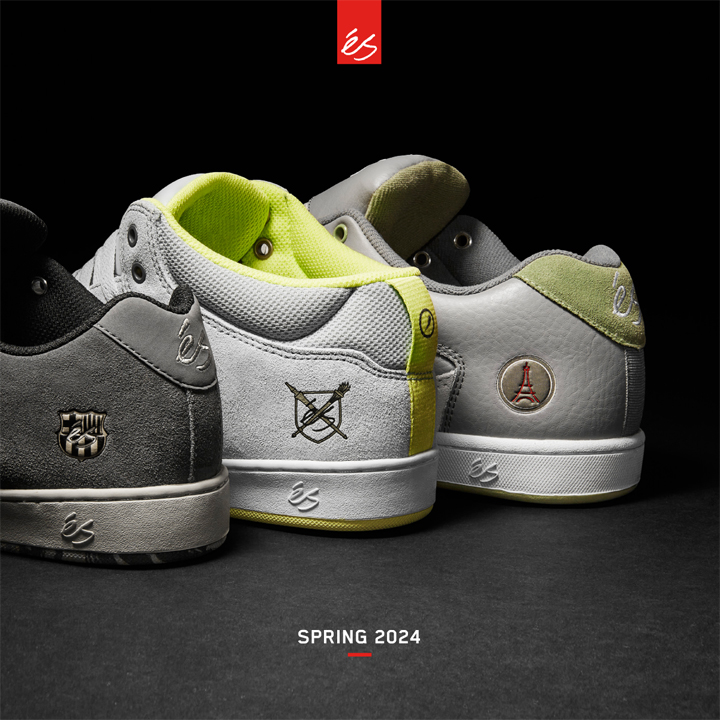From his homeland Brazil to Japan and then to the US, Eric Iwakura has started everything from scratch. Now he’s blessed with the opportunity he'd been waiting for, working as Primitive's filmer in the dreamland.
──ERIC IWAKURA (ENGLISH)
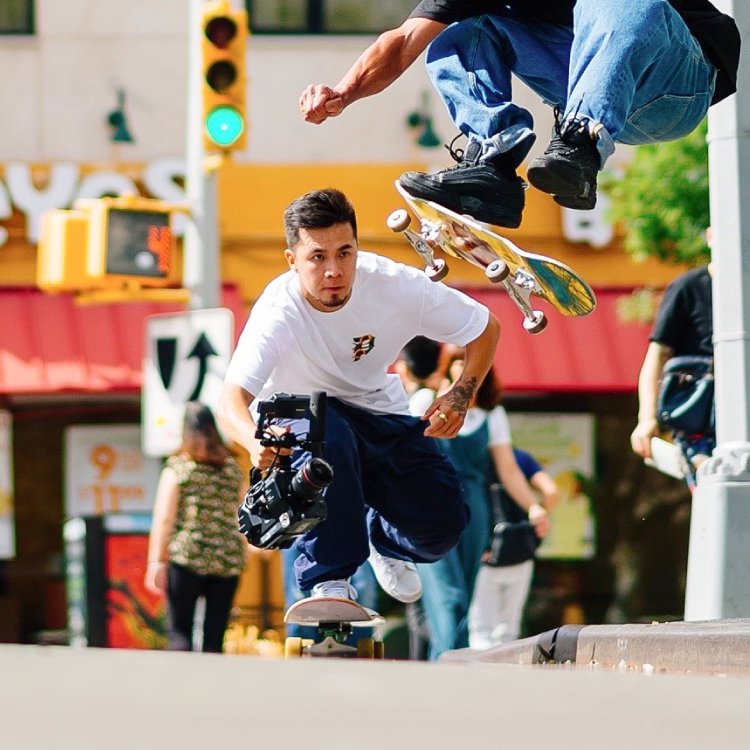
[ JAPANESE / ENGLISH ]
Photos courtesy of Burny Diego
VHSMAG (V): You're from Sao Paulo, Brazil. Did you start skating there?
Eric Iwakura (E): Yeah, I started skating in 1998, when I was 13. I saw these kids around the same age skating in front of my apartment and I got interested. I got hooked from there.
V: You used to live around Nagoya at one point. What made you move to Japan?
E: I was skating in Brazil until 19 but my dad had a lot of debt. Japan is accepting Japanese-Brazilian workers from Brazil. I have grandparents in Japan so it was easier to get a visa than most Brazilians. So the reason why I moved to Japan is to help my dad pay back the debt. I was a migrant worker. I moved to Japan after I graduated from high school.
V: What was your job in Japan?
E: I was working at Sony. My workplace was in Gifu so I was driving there. Later on I moved to Gifu and I would drive up to Nagoya to skate. I had a lot of Japanese and Brazilian friends there.
V: There's a strong Brazilian community in Nagoya. Is that why you chose to live in that area?
E: Yeah, It's easier to work in an area where there are many Brazilians. I didn't speak Japanese at all back then. It was super tough at first. I had a hard time learning Japanese... My Japanese isn't perfect yet but I can speak enough to have a normal everyday conversation.
V: Did you ever feel cultural differences?
E: I felt that a lot. For example, when we go skate at a local skatepark, Brazilian skaters hug and shake hands when we see each other. That's normal. Then I moved to Japan and started going to Wakamiya skatepark, you start recognizing the local faces there. So I walked up to them and did the brazilian greeting and they were like, "Wow." I wanted to apologize for being too friendly to them but I couldn't speak Japanese so everything became awkward... (laughs). I eventually got used to the culture though.
V: It was 2014 when you had a video part on VHSMAG. It's been six years.
E: Six years already? Time flies! I think we spoke by email but that was so hard for me because speaking and writing is so different. Writing Japanese in respectful form is difficult too. I had to ask people how to write emails in Japanese. It took me super long to just write a single email (laughs).
V: So you migrated to Japan to work and skate your ass off, and now you're living in LA. What made you move to the States?
E: I've always wanted to make a living off skating so I decided to give it a try. I was skating hard and entering contests in Japan but it was hard to live off it. Then in 2011, I visited the States for the first time at 26 and thought, "Maybe I can do something here." I knew I was a little too old for that but I just decided to make the move. It's hard for Brazilians to get a visa though. The first time I went there I got denied twice and I finally got the visa the third time. So I got the visa and I'm in LA... it was like a paradise. You see skaters everywhere. I thought to myself, "When I get back to Japan, I'm gonna work and save up money, then live in LA one day." And then I finally moved to LA in November 2015.
V: Your life sounds really planned out.
E: I guess, but I've been going through a lot since I moved to Japan (laughs). I was studying so hard and skating at the same time. When I moved to LA too, I didn't know anyone and I couldn't speak English. I had a hard time finding a place to live. It was definitely a start from scratch. You know, when I was in Japan, I didn't have to leave the country. I had a nice job, the pay was great and I was skating. I had friends and family. But living in America was my dream. That's why I left Japan to make it happen.
V: So you went through a lot and now you work for Primitive as a filmer. Were you filming before?
E: No, not really, because I wanted to make it in Japan as a pro skater. But I turned 29 and I knew it wasn't going to happen. I needed to start something. I've always liked video cameras. I got my first camera in 2005, by that time I was filming only friends but I started officially filming about a year before I moved to the States. I was thinking about skating and filming when I got to the States but being a filmer wasn't my goal. I started making friends through filming.
V: I see. You need to start meeting people first.
E: You know that spot in LA called JKwon, right? Back then that spot was super popular and you could skate from 7am to 10am on Sundays. You see all these pros there. One day, I was there and Rodrigo Petersen was there. We're both Brazilian so I said what's up in Portuguese. The next week he was there again and we started to become friends. I had a video camera so they asked me to come film with them. Back then he was on Boulevard so the crew was Rob Gonzalez, Danny Montoya, Carlos Iqui, etc. Then through Rodrigo I met Carlos Ribeiro, Tiago Lemos and so on. I had met Tiago in Brazil before though.
V: Your career in America is just about to start.
E: By the way, Kai Kishi came to LA at the end of 2016. I knew him well from Japan and he rips, so we decided to film a video part. He came to LA the next year again and the part just got released the other day. Those footage is from 2017.
V: That's pretty old, I didn't know that. How did you become the fimer at Primitive?
E: Well, I started having all these connections in the States. Carlos Ribeiro, Tiago Lemos, Trent McClung... Then Primitive was trying to get a new filmer. I was filming on VX back then and people started recognizing. It was around the end of 2018 and Primitive's filmer manager Alan Hanon asked me, "Would you help work on JB Gillet's welcome part?" He's an OG skater so they wanted to film on VX.
V: So things started from JB's welcome part.
E: I filmed 70% of his part. Then the skaters at Primitive recommended me and I was offered the position at the brand. It was a no-brainer. That was around February 2019. I still wake up in the morning and trip out.
V: That's amazing... I mean, it's the brand with the best of the bests.
E: I got to know all the guys and it's more normal now but sometimes I'll be like, "Wait, I'm with the Primitive team. What the fuck!!" I feel grateful every day. I went through a lot until now so I can't take this opportunity for granted.
V: You migrated to Japan as a worker, started from scratch in America, made connections at spots... This is something you earned through all the things you went through.
E: I think the most important thing is being connected with the right people and staying grounded. I'm starting to tear up as I'm talking about this.
V: Yeah, and P-Rod is the boss.
E: Before I joined Primitive, I think P-Rod knew who I was. And then I joined the brand and I posted the news on Instagram. He started following my account and commented, "Welcome to the family." I was blown away, like, "I can't believe this!" I have a screenshot of the comment. I still trip out when I get a call from him (laughs).
V: That's the day of your life. Is there anything from Encore that you can't forget?
E: There's so many. I went on a lot of trips. Filming in Paris and Barcelona with JB and Wade DeSarmo was nice. That was my first time in Europe and the first trip outside the States as a Primitive filmer. I mean, maybe this is normal but they paid for everything! The hotel was super nice too! I was amazed by that alone. Like, "No way!!"
V: That sounds super nice...
E: Filming for Carlos Ribeiro's second to the last trick was memorable too. That nollie backside heel to switch 5-0 on a handrail. It takes a three-hour drive from LA to get to that spot and he couldn't make it the first day. We went back three months later and tried for three hours but we didn't get it. Then we decided to give it a try again a week before the video came out. This was our last chance. It took time but finally we got the trick. Carlos was trying super hard and I can never forget that moment. You know, when you watch a clip, people tend to think that the skater landed the trick right away. But when you watch the behind the scenes footage, you realize all the battle they went through.
V: Yeah, it can take months to get a three-second clip.
E: Exactly. Staying in NY for three weeks with Tiago was memorable too. His last trick, straight in nollie 50-50 was amazing. That didn't take much time though. It's amazing to see him skate in person. He's got a super gorilla power (laughs).
V: Has the way of filming changed since you joined Primitive?
E: It did. It's not like a rule or anything but they require certain equipment and they have a standard of how to film. I had to learn them at first. I learned to always challenge myself. I need to always try to go beyond the limit. I've been learning a lot since I started working at Primitive.
V: By the way, you were saying that Giovanni Vianna calls you Japa in Behind the Missions series. Is that your nickname now?
E: Yeah, they all call me Japa. I'm Brazilian but I look Japanese, so Japa. Brazilians started calling me that but Americans were like, "Is it okay to call you that? Is that not a racist term?" No, it's not a racist term at all (laughs).
V: Japan is considered to be the "Next Brazil." You know the scene in Brazil, Japan and America. With that said, is there anything you notice about Japan?
E: Well, firstly Brazilians don't really follow rules. From Brazilian perspective, Japanese skaters seem to follow rules too much. It seems they believe that they have to take one step at a time to do something. Also Brazilians come to the States alone but Japanese skaters come in groups. If you're with someone, sometimes you can't go or do the thing you really want. But there are a lot of Japanese skaters that are killing it so I can't exactly stereotype Japanese people... It's not good or bad, I think we shouldn't think too much and do things freely.
V: You got that right. Is there anything in the works you can share?
E: There's a talk about having another video by the end of the year. It's not going to be a full-length but it'll have like five full parts. Primitive never stops. We're really non-stop. It all depends on the pandemic but that's what I'm looking forward to at the moment.
Eric Iwakura
@eric_iwakura
Born in 1985, in Sao Paulo Brazil. Eric is a Japanese-Brazilian skater who used to live in Japan and was known for his technical skills. Currently he bases himself in LA, working as filmer for Primitive.
